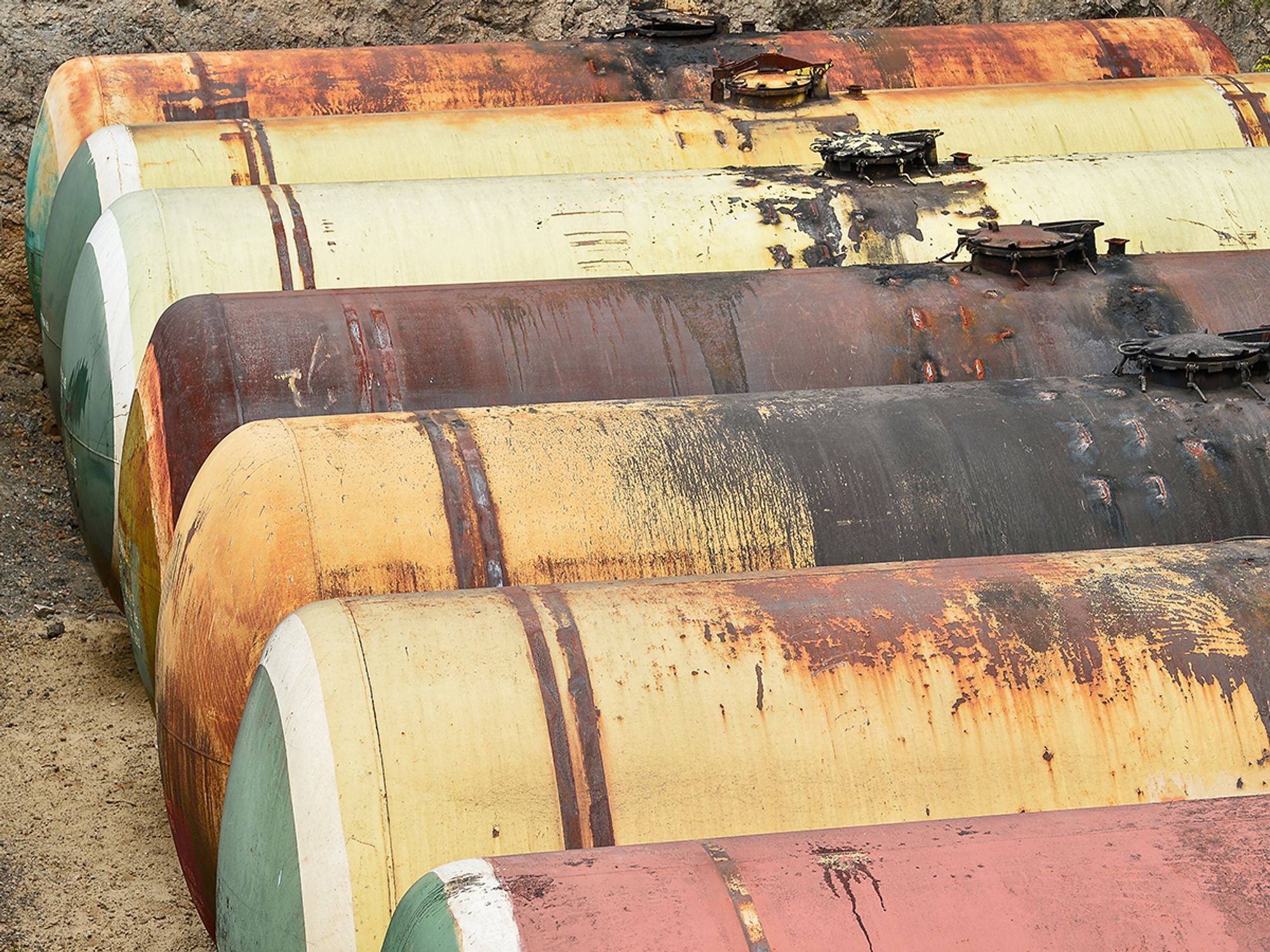State UST program approvals and regulation exemptions

- All states have a comprehensive set of UST leak prevention and release detection regulations and a program to implement those regulations.
- All states have cleanup and/or remediation programs addressing tank systems.
- Certain USTs are excluded from regulation and, therefore, do not need to meet federal requirements for USTs.
States and local governments may receive approval to oversee their own underground storage tank (UST) programs. State programs must be at least as stringent as federal Environmental Protection Agency’s (EPA’s) requirements.
All 50 states, plus the District of Columbia, have a comprehensive set of UST leak prevention and release detection regulations and a program to implement those regulations. Additionally, all states have cleanup and/or remediation programs addressing tank systems. Even for states without state program approval, EPA enters into grant/cooperative agreements with state programs, and the state program is designated as the primary implementing agency. While both federal and state regulations apply in states without state program approval, the state regulations must be as stringent as, and are often significantly more stringent than, EPA’s regulations.
Exemptions from UST regulations
The following underground storage tanks (USTs) are excluded from regulation and, therefore, do not need to meet federal requirements for USTs:
- Farm and residential tanks with a capacity of 1,100 gallons or less holding motor fuel used for noncommercial purposes;
- Tanks storing heating oil used on the premises where it is stored;
- Tanks on or above the floor of underground areas, such as basements or tunnels;
- Septic tanks and systems for collecting stormwater and wastewater;
- Flow-through process tanks;
- Tanks with a capacity of 110 gallons or less; and
- Emergency spill and overfill tanks.
